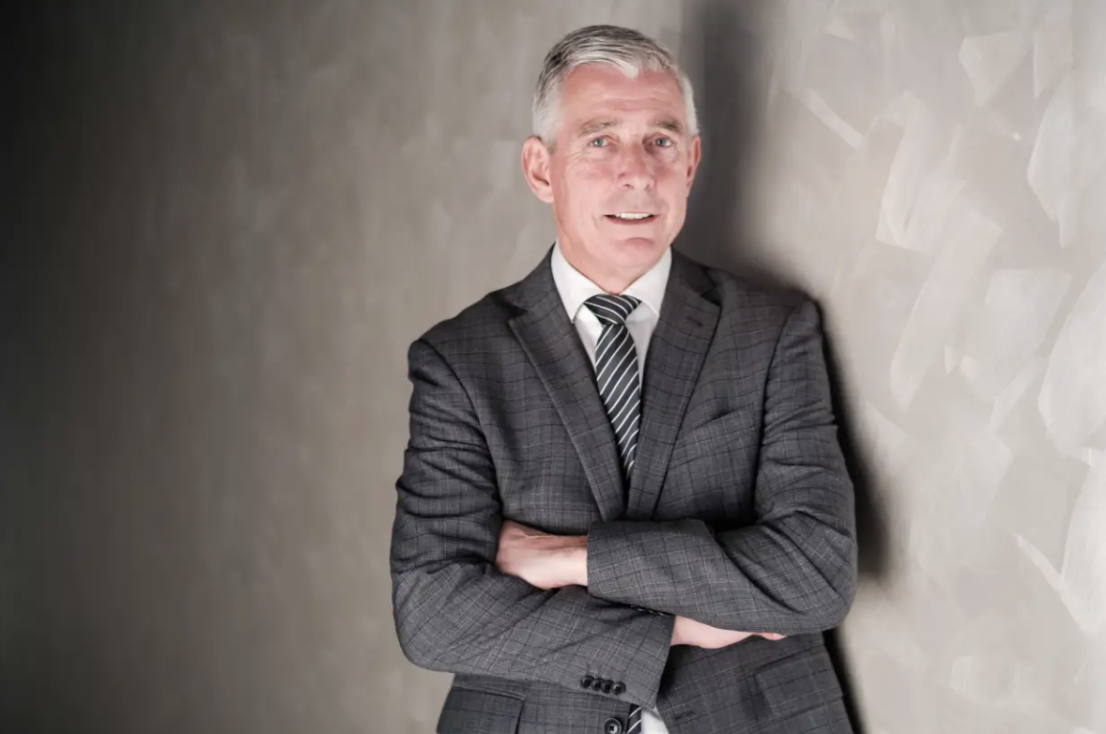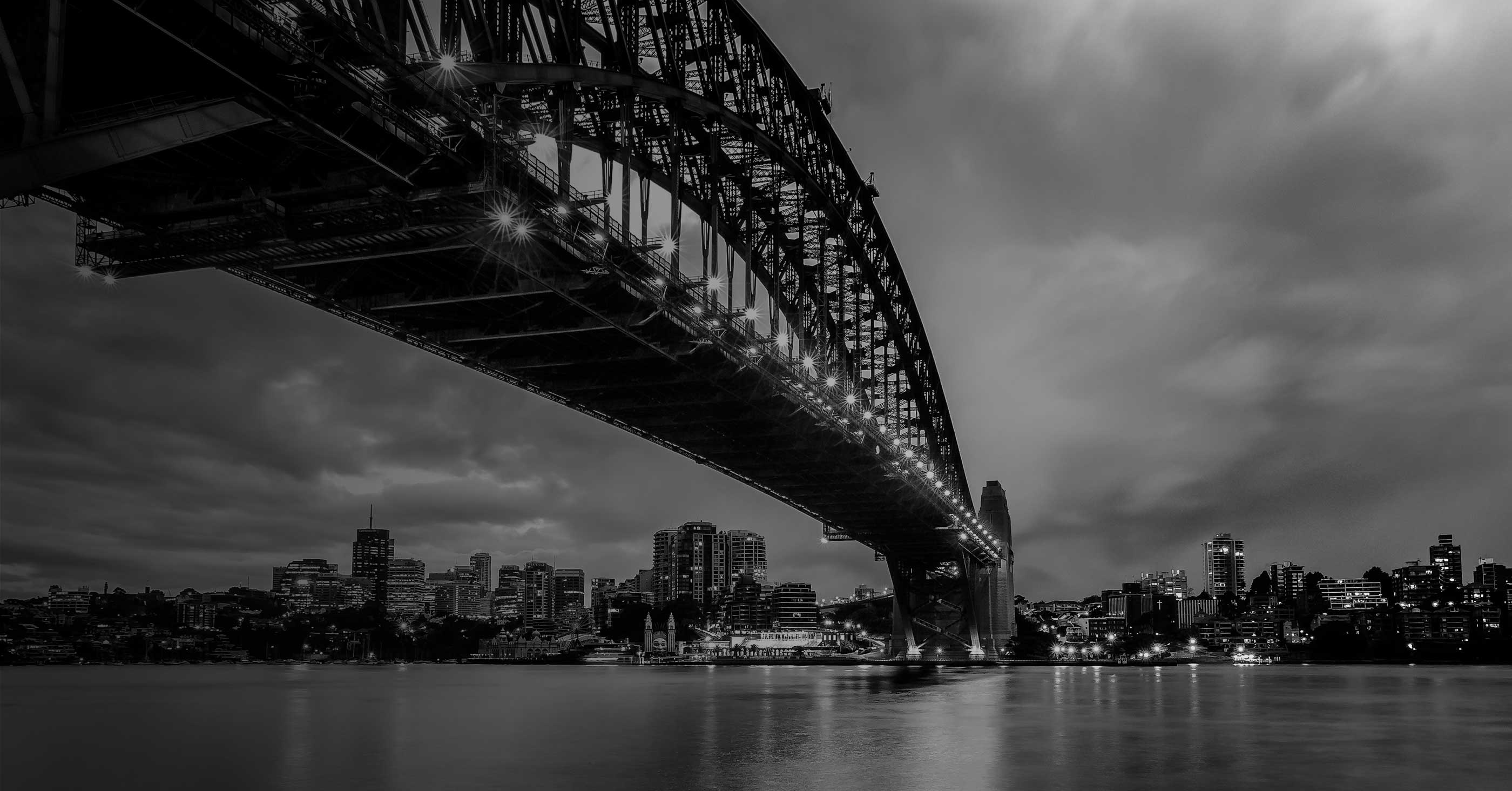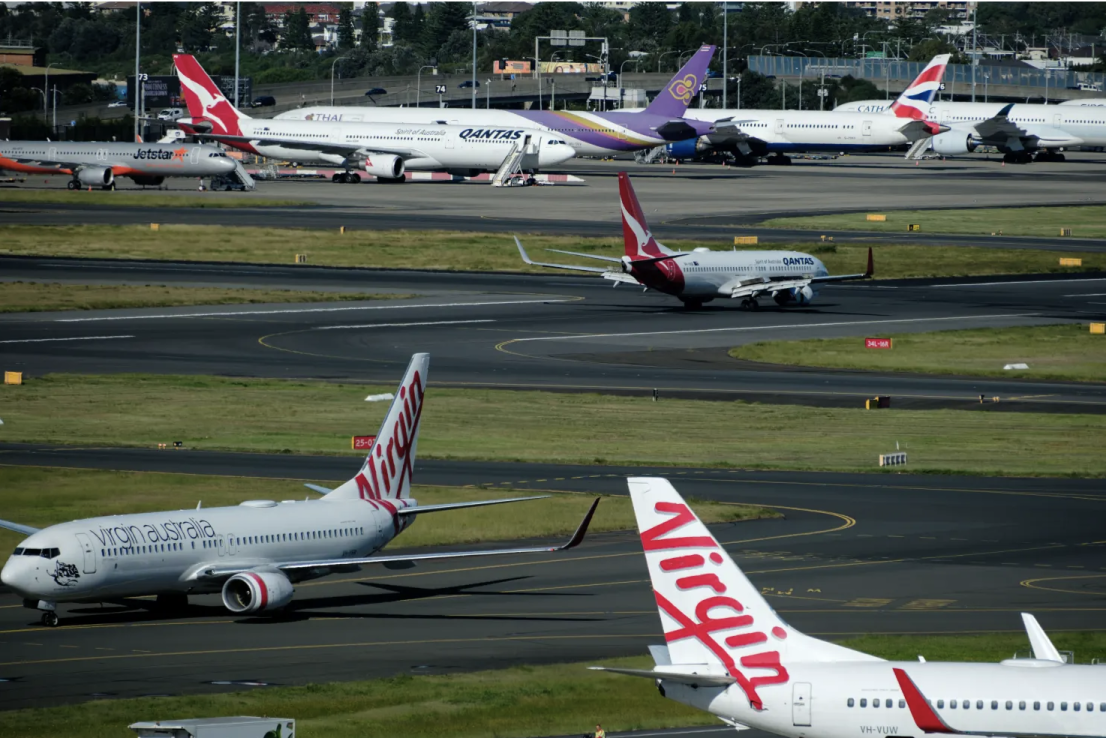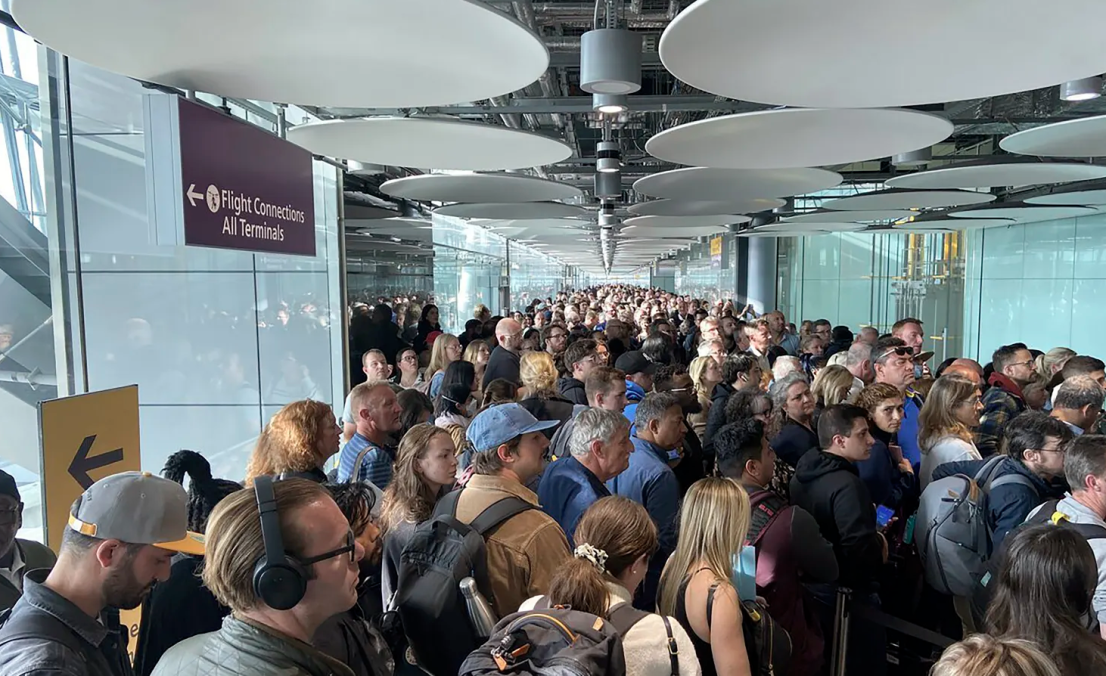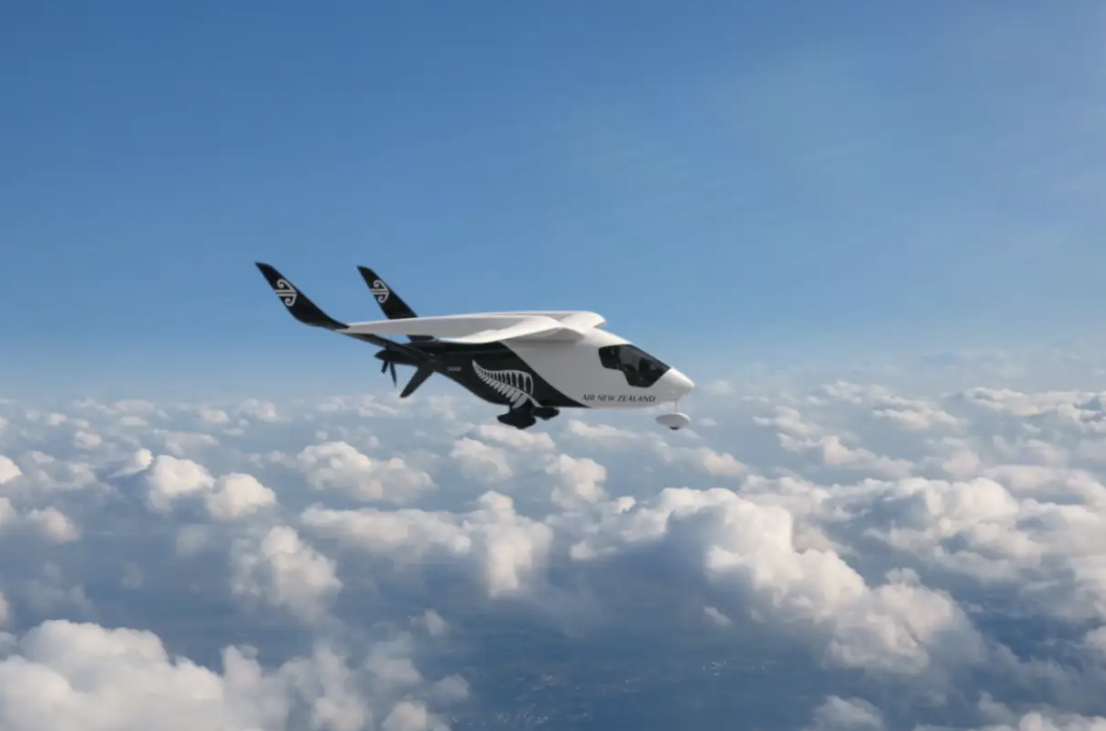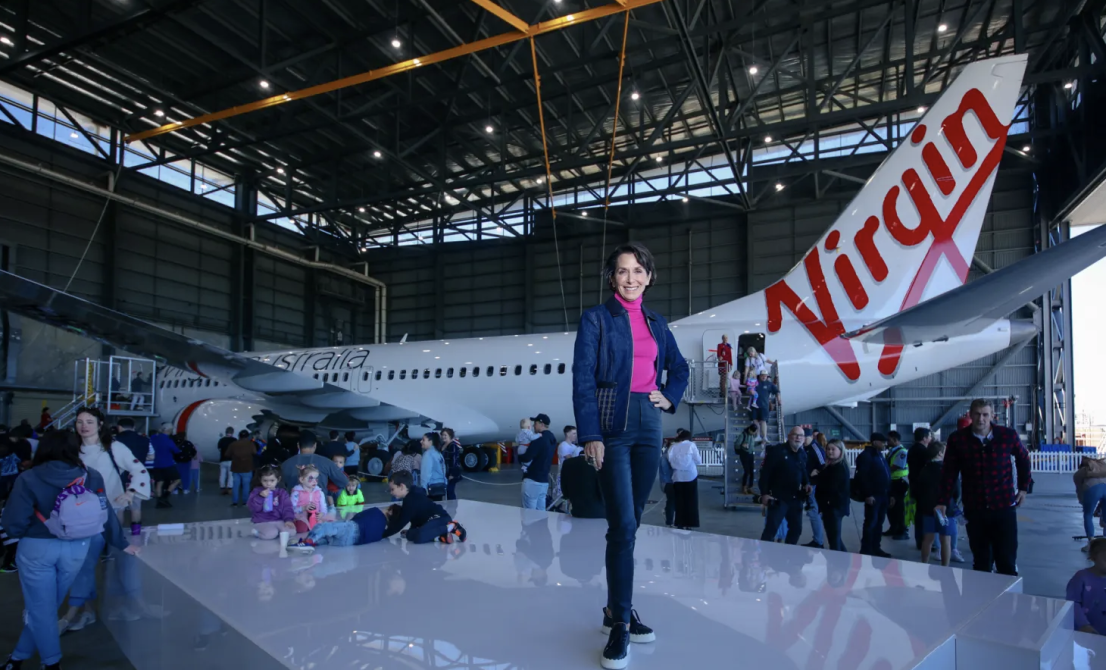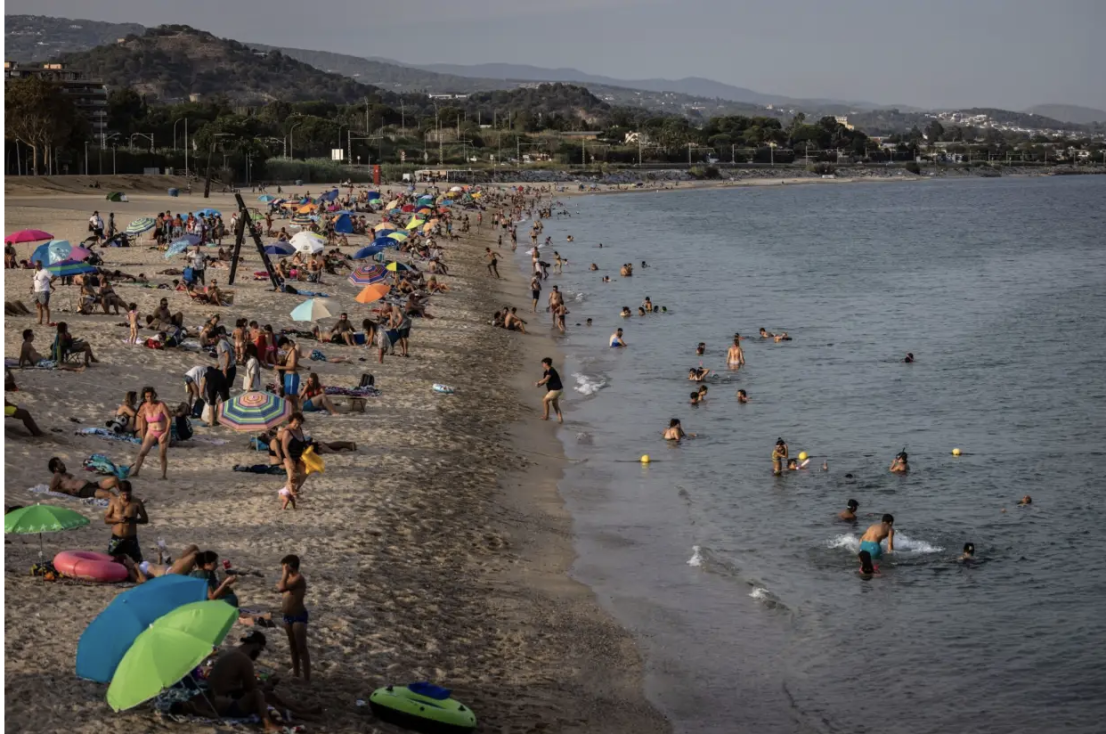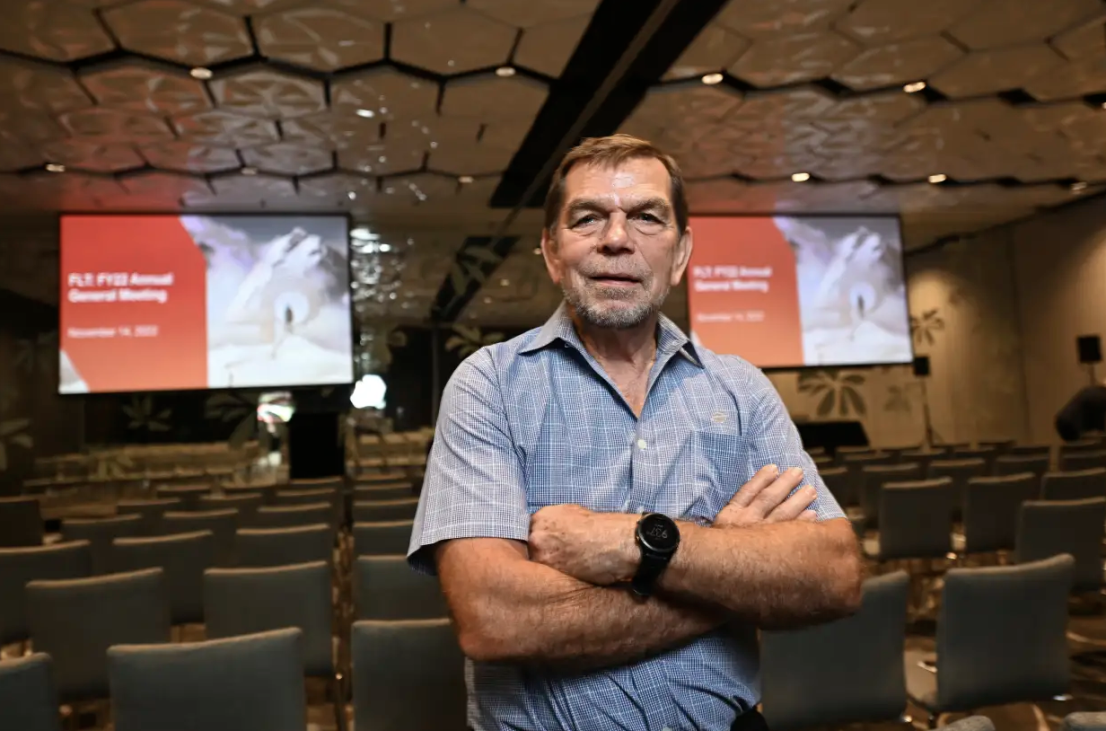Airlines could generate significant EBITDA value by rethinking the role of IT and transforming the function from a cost center to one that drives operational and commercial performance.
Imagine an airline IT system where a simple coding mistake or broken database file has the potential to delay or cancel thousands of flights—and this mistake requires hours to fix. It’s difficult to comprehend the pressure that an airline and its IT personnel would face while trying to resolve this situation. But this is the reality of the airline industry. Many airlines depend upon highly sensitive IT systems which have typically been in operation for at least 20 years, some closer to 50. Modernising such systems will likely require a hefty investment. What’s more, many systems have been updated and altered over the years by building workarounds and adding layers—this situation exacerbates their fragility and adds a good portion of untangling to any modernisation effort.
Airlines’ tech-related incidents, including security breaches and system crashes, have brought flights to a standstill—often affecting entire regions. While these extreme events that capture global attention are sporadic, many airlines face several day-to-day technology-related pain points. The burning question: what can they do to solve these issues, smooth operations, and prevent the likelihood of major incidents?
To understand the scale of the airline IT challenge, and what can be done, we conducted in-depth interviews with 15 airline CIOs across the globe. What became apparent is that airline IT transformation is by no means simple. CIOs have to deal with monolithic legacy systems and need to ensure high levels of stability. In parallel, they are tasked with finding new digital talent and building their organizations’ digital and data capabilities.
The interviews also revealed a growing trend: airline IT is no longer considered a cost center (and a potential point of failure). The function has become a driver for improving operational and commercial performance.
Many airlines already apply a wide variety of artificial intelligence and machine learning applications to automate processes, from operations to customer service. For some, the new approach to IT has paid off resulting in reduced operating costs, increased ancillary revenue per passenger, and improved customer experience. In total, we estimate that IT transformation could increase industry EBITDA by more than a third by 2030.
This article focuses on the following five elements that can help airlines achieve business improvements through IT and transform the function from a cost center to a profit center: focusing on business-driven use cases; shaping modern IT architecture; rebuilding the operating model; strategically combining internal and external capabilities; and building the airline’s data capabilities.
Each of these elements has unique success factors and challenges, and many airlines have found ways to implement these changes effectively. Here, we draw on insights shared by the CIOs to explore emerging recipes for success and highlight the results achieved.
Focus on business-driven use cases
To get a sense of the size of the airline IT transformation opportunity, on an industry level, we evaluated various use cases for IT applications and the potential value they could generate for an airline. The evaluation points to five value streams, or categories of use cases, where airlines can reap benefits. In total, IT transformation could generate close to $45 billion in industry EBITDA by 2030, a 36 percent increase compared to 2019 figures (exhibit). Primarily, this impact would be achieved by optimizing operational efficiency.
Exhibit

So how can individual airlines turn this opportunity into reality? Successful transformations often start with defining applicable use cases, assessing the value at stake, and implementing them as a collaborative effort between IT and business. An airline’s roadmap could include hundreds of use cases, and the experiences of major airlines show that between 30 and 50 use cases can be launched in the first year of a technology transformation. Airline retailing and operations are significant opportunity areas to consider.
Airlines have the potential to create up to $10 billion in value across a number of use cases in the revenue domain. These are largely oriented around the power of personalization and the ability to interact with customers through their preferred channels. Tech-enabled revenue opportunities include lowering customer acquisition costs, improving conversation across channels, and engaging customers through new channels. Airlines could also harness the power of analytics to enhance their dynamic pricing and bundling across customer segments and also invest in automation to help improve customer service by increasing speed and responsiveness.
Airline operations can benefit from new opportunities driven by technical innovation, such as the creation of digital twins. For instance, creating a digital twin of an operations control center can allow airlines to model what-if scenarios against different objectives such as operations recovery and crew scheduling. This can help to reduce real-world delays and improve staffing efficiency. And a digital twin of each part installed on an aircraft can continuously track the health of the aircraft based on sensor data, detecting patterns and predicting the need for maintenance interventions. Digital twins can even be used to model networks and ATC behavior based on historical precedents, reducing delays and improving network resilience.
Shape modern IT architecture
Challenges with monolithic software architecture and legacy mainframe systems are common, but few airlines have identified solutions. Almost all CIOs reported that their organizations experience difficulties around monolithic and outdated systems provided by vendors, and even airlines that use their own passenger service systems (PSS) face similar challenges. These systems are typically provided by a small set of third-party vendors who often have modernization challenges of their own.
Some mainframes have been in operation for more than 20 years. Updating these legacy systems—that span passenger service, workforce management, fleet maintenance, and other domains—could cost hundreds of millions of dollars and there is a risk of encountering migration issues. Essentially, the industry’s dependence on largely outdated technology reduces its ability to generate value, and the complexity of airline IT systems results in functionality and stability issues.
The unique dynamics of the industry exacerbate these pain points. The “always on” business model increases the risk involved when embarking on change. And, although the industry is well regulated, its technology is not standardized. As such, transitioning to new standards could require substantial time and industry-wide modernization.
Rather than sticking with the status quo, airlines can consider decoupling from legacy systems by building cloud-enabled orchestration platforms, microservices, and application programming interfaces (APIs). Core services such as inventory can be decoupled through an abstraction layer in cases where a PSS provider allows this access. Data can be pulled into the abstraction layer, leaving the technical complexity of the PSS underneath. Using the simplified data, airlines can build specific business capabilities, for instance through microservices and APIs. These would allow airlines the freedom, independent from PSS providers, to develop custom solutions ranging from refund processes to flight and car rental bundles. Decoupling can extend beyond retailing, allowing operations systems such as crew management to benefit too.
To illustrate, one full-service carrier with a global fleet of more than 200 aircraft launched an end-to-end tech transformation with architecture as a priority. By using a greenfield approach to implementing new architecture, the airline was able to encapsulate core systems and build bespoke business capabilities to improve the passenger experience. It was able to achieve a 50 percentage-point increase in digital experience net promoter score (NPS) while increasing ancillary services revenue per passenger by over 50 percent, and reducing airport costs per passenger by nearly 20 percent.
Rebuild the operating model
In many airlines, technology remains separate from the business—so business strategy remains distinct from IT strategy. To remedy this situation and advance tech transformation, airlines could establish new ways of working between business and IT. Specifically, an agile digital operating model centered around cross-functional, value-stream or product-led teams can create a strong link between business value drivers and technology. A development, security, and operations (DevSecOps) approach may increase the speed of development. And an outcomes-based management approach focused on objectives and key results may drive accountability. At the same time, airlines could work at attracting the technology talent needed to help the tech transformation succeed.
The following scenario illustrates what new ways of working could look like in practice. Squads that combine business and tech talent could be deployed across the organization. For instance, a pricing squad could be led by a product owner who deeply understands the business and is responsible for the squad’s output. This squad would be made up of staff who traditionally report to the CCO, such as pricing experts and business analysts, and include tech roles like a tech lead, data analyst, full-stack developer, and DevSecOps engineer to ensure the development and deployment of high-quality pricing technology. These cross-functional tech roles can be moved to different business areas to maintain consistency across the organization.
This approach has shown positive results. One hybrid carrier launched an enterprise-wide agile transformation to improve performance and build back stronger after the impact of the COVID-19 pandemic. Deploying cross-functional squads across the business, including commercial and operations, helped the airline to achieve several milestones: initiatives were launched at ten times the pace compared to before the transformation, staff engagement improved by 25 points, and customer journeys were enhanced.
Strategically combine internal and external capabilities
Many airlines face an IT talent crunch. CIOs noted that the trend of outsourcing IT capabilities created a significant skills gap and many companies are left with minimal in-house digital capacity. This skills gap is hard to bridge due to difficulties in attracting and retaining tech talent.
Airline companies often view software engineers as valuable resources relied upon for executing a particular solution, rather than as a potential source of company strength. One CIO said: “Engineers in commercial are core to our success, but they are all outsourced.”
Airlines that have made headway in solving the talent challenge have taken the approach of planning their talent strategy to employ global talent while also leveraging external vendors’ capabilities. Best-in-class strategy implementation includes long-term planning of capabilities, assessing major gaps, and defining the ways to close those gaps. As one CIO explained, that particular airline does not only focus on closing the talent and capabilities gap in the short term, but also considers how to inspire employees, attract new talent, and develop its existing talent.
CIOs also pointed to a way in which forward-thinking airlines can enable the IT function to play a greater role in meeting business objectives. As IT is now expected to help realize savings and generate value, a new role may be emerging in the industry: the product manager—a connector between business and IT. In many other industries, product managers understand the context and the business use case, and work with IT to determine exactly which solution needs to be implemented. The role is rare in the airline industry, but may be gaining traction.
Build data capabilities
Airlines have a vast amount of data, but it is often held in various systems, so it is difficult to combine for a comprehensive view. Companies can unleash the full potential of their data by creating a data strategy that builds upon specific use cases. To do so, they could build a multilayer data architecture—using an ecosystem of modern data technologies such as data platforms or streaming engines—and integrate data from across the business.
This means that data from the environment (weather, air traffic control), assets (flight schedule, aircraft maintenance), staffing (flight crew, ground ops), and passengers (connections, load factors) could be combined to build a comprehensive view of operations. Then, airlines could build tailored solutions to improve operations by leveraging advanced analytics, business analytics, and data engineering.
For instance, a day-of-operations predictive failure model could simulate scenarios that would help to plan for irregular operations while also showing the outcomes and associated costs for each scenario. It is important to embed a data-driven culture across the organization, and at all levels of the organization, for this strategy to succeed.
Some airlines have successfully built out their data capabilities. For example, a large full-service international carrier launched an analytics transformation that involved rethinking the booking-to-delivery process of its cargo business and developing a new capacity management forecasting application. Using the following approach, several AI-driven solutions were developed and put into production. First, a demand forecast model estimated how much capacity would be needed for each route. Then a no-show model was used to predict which clients would likely cancel on the day, or day prior to the flight, so the airline could accommodate more bookings to ensure full capacity. In addition, another tool estimated the cost of the no-show model being wrong—so the airline could make sure that select shipments would always have a spot on the plane. This new system allowed the airline to increase its cargo revenues by 9 percent.
Bringing it all together: Make tech transformation possible
Airlines have an opportunity to drive real value through tech transformation. CIOs wishing to spearhead this transformation could take the following three actions:
- Bring stakeholders together: Stakeholders across the organization, including the Board, may need to be convinced of how important tech can be if they are going to invest in a tech transformation. It will likely be impossible to achieve success in isolation; CIOs can benefit from a support team and from securing buy-in across the organization.
- Build a business-driven tech roadmap: A tech strategy for transformation may not achieve results if it optimizes for tech alone. Rather, a tech roadmap can be business-driven and prioritize value in each business domain.
- Elevate the role of IT: IT will likely need to do more than run business-as-usual IT and manage a cost center if the airline is going to transform. Instead, IT can move closer to the business, with increased collaboration, so that it becomes a partner to drive overall business strategy.
Conditions for airlines have been challenging. Airlines that embark on a tech transformation could unlock a substantial increase in value. To do so they may need to address the tech-related pain points holding many companies back. CIOs are well positioned to drive large-scale transformation as they are capable of bringing the separate parts of the business together to implement change and deliver performance.
